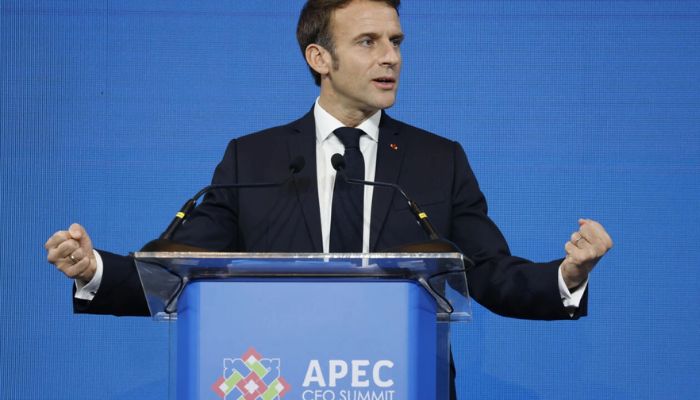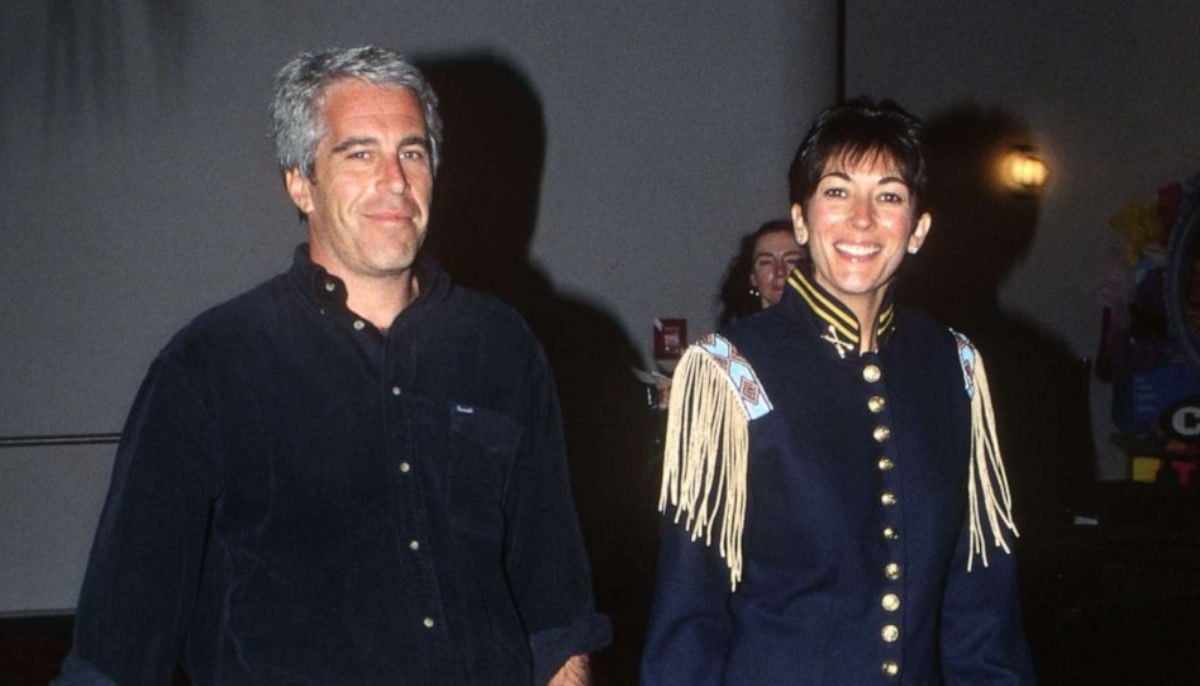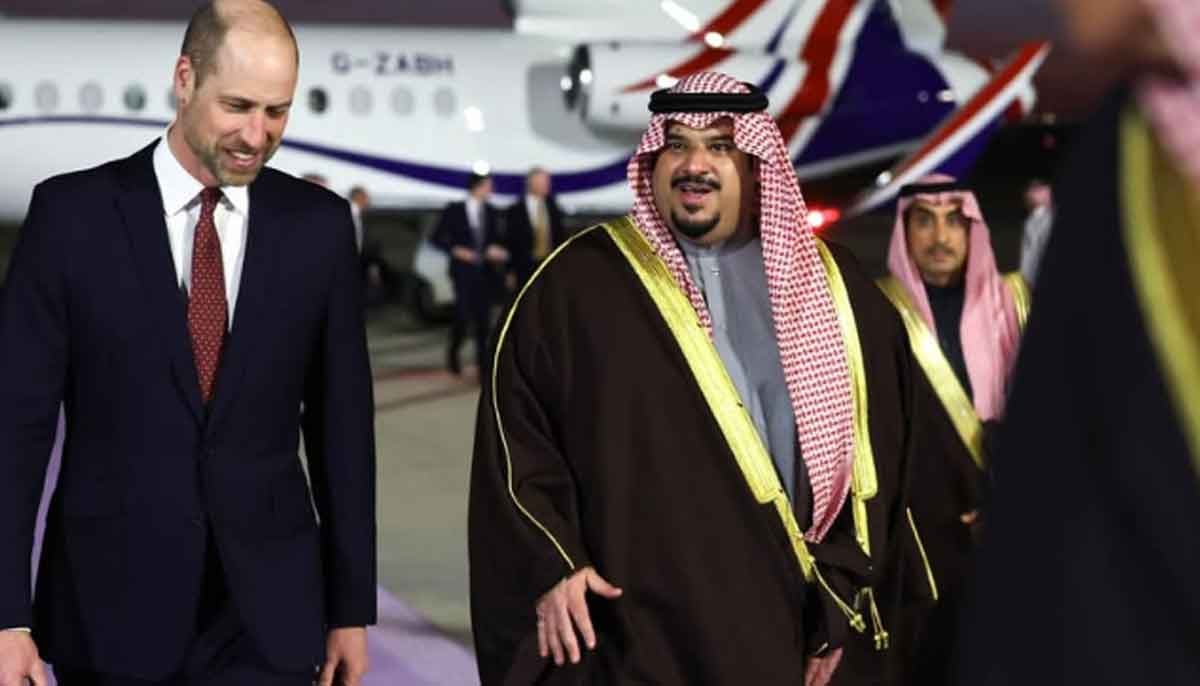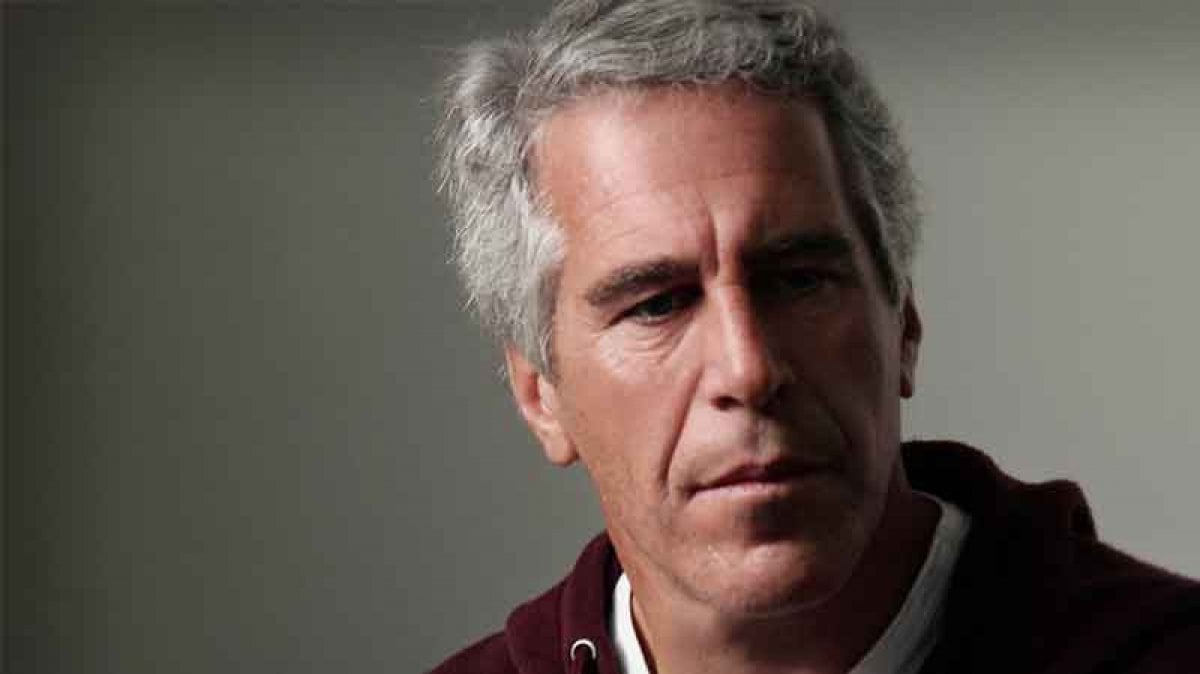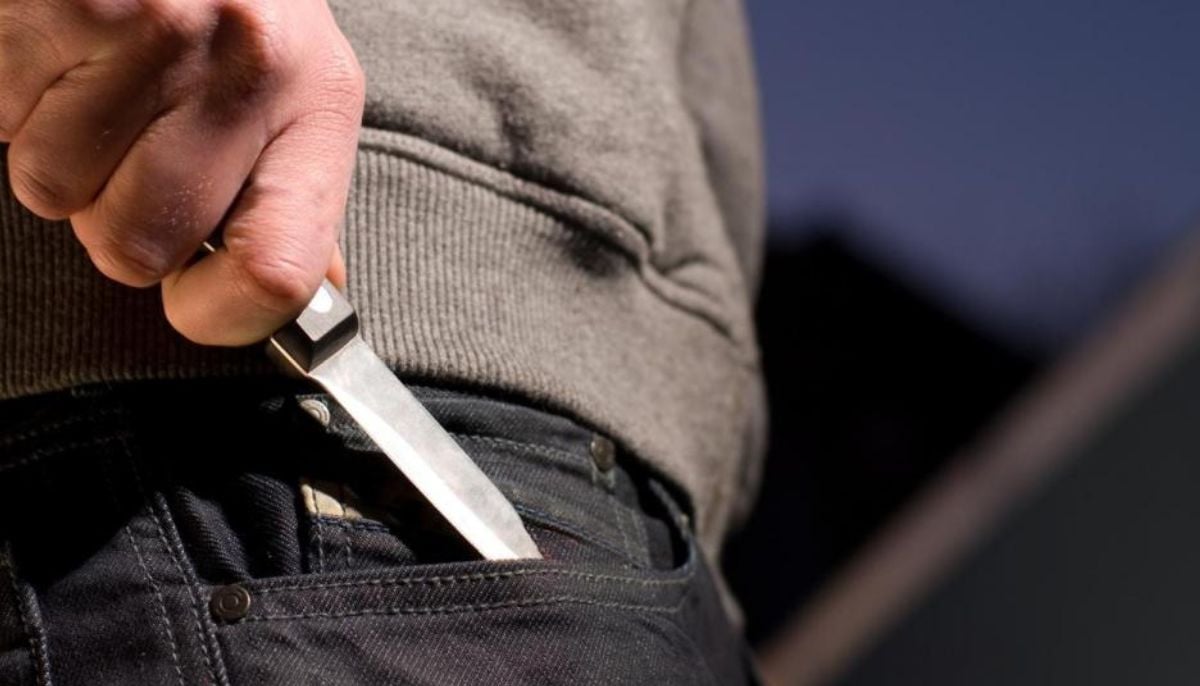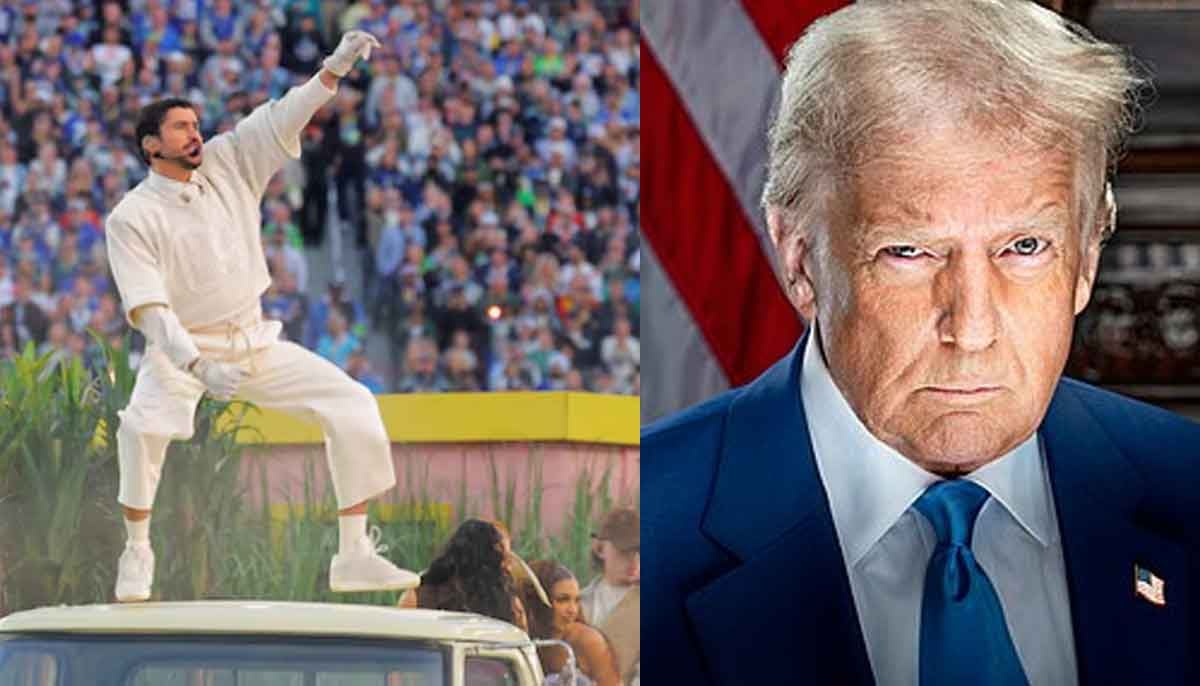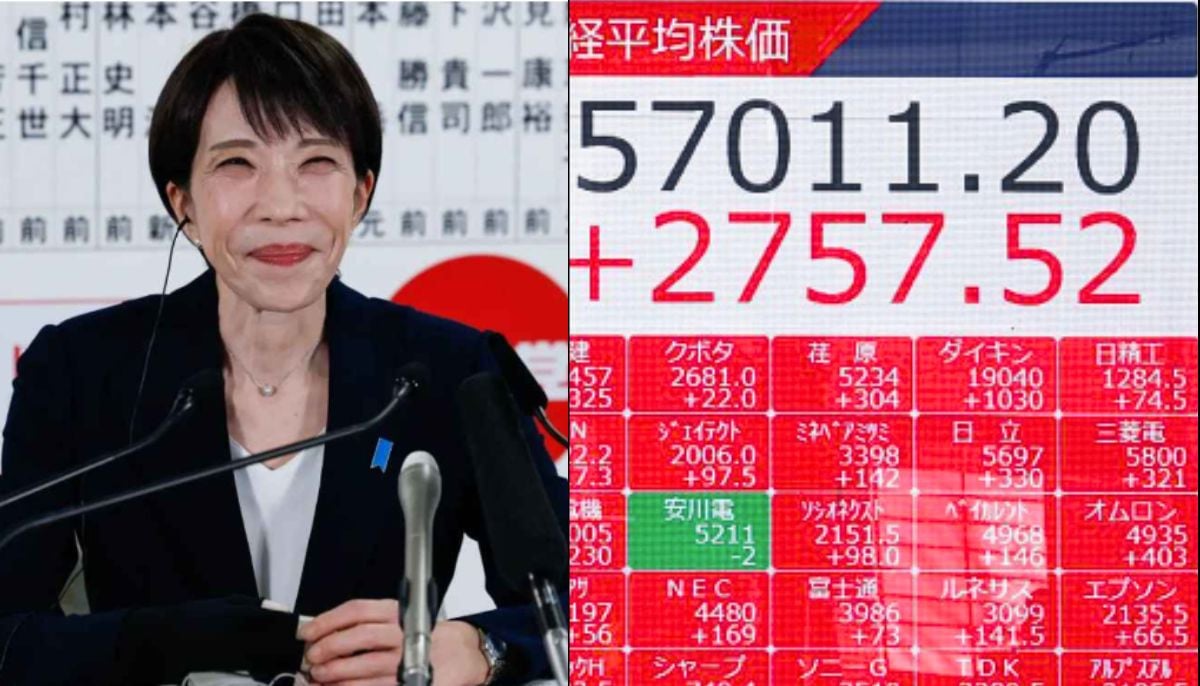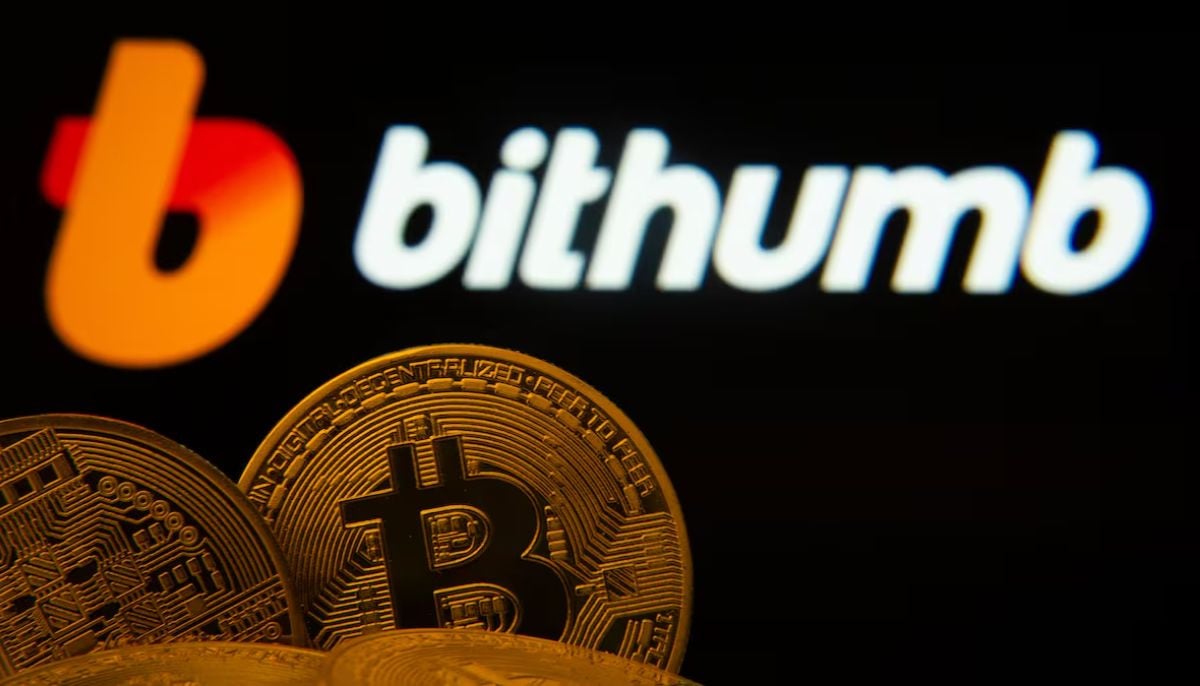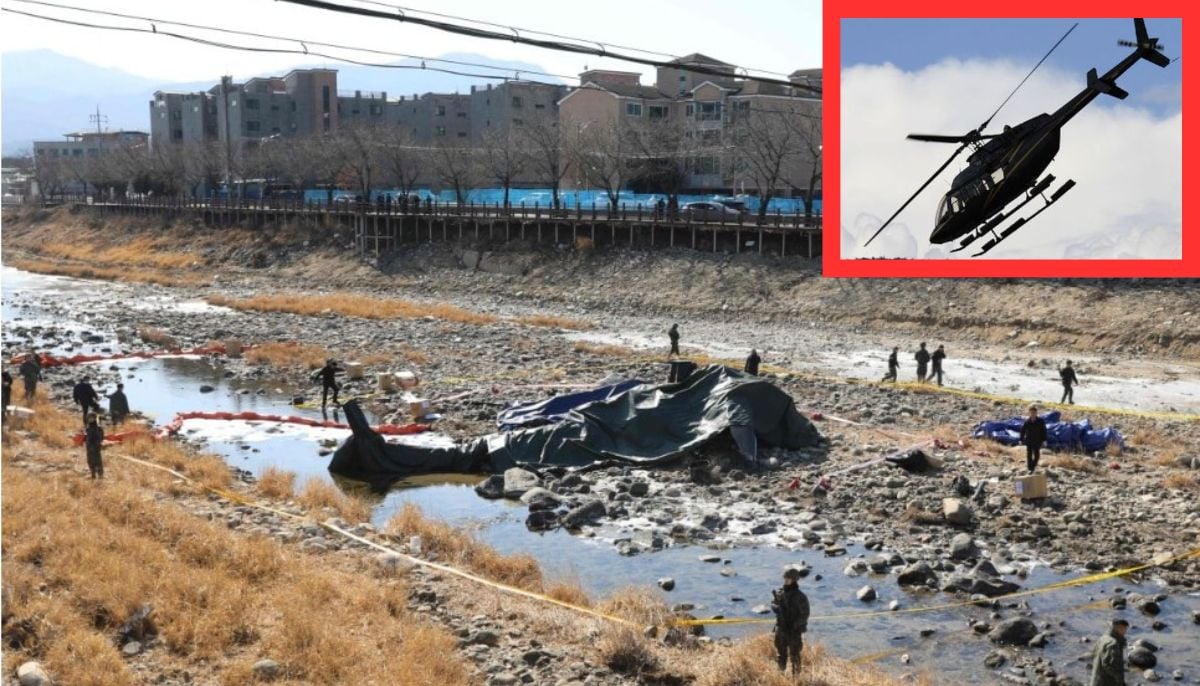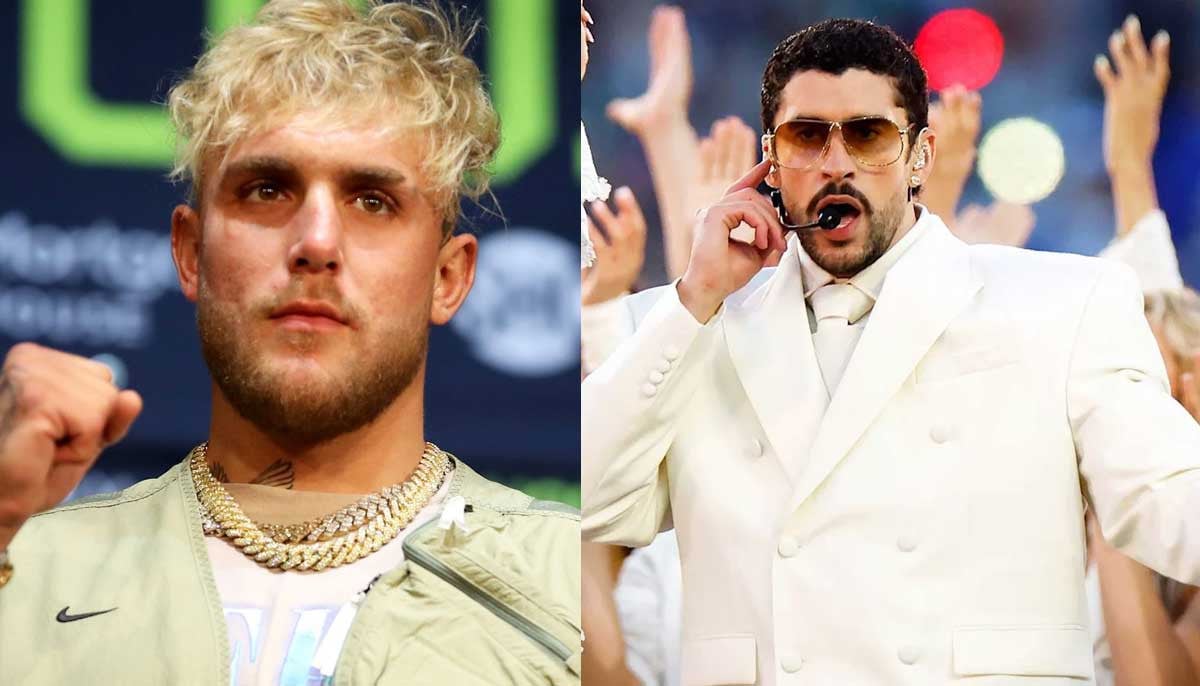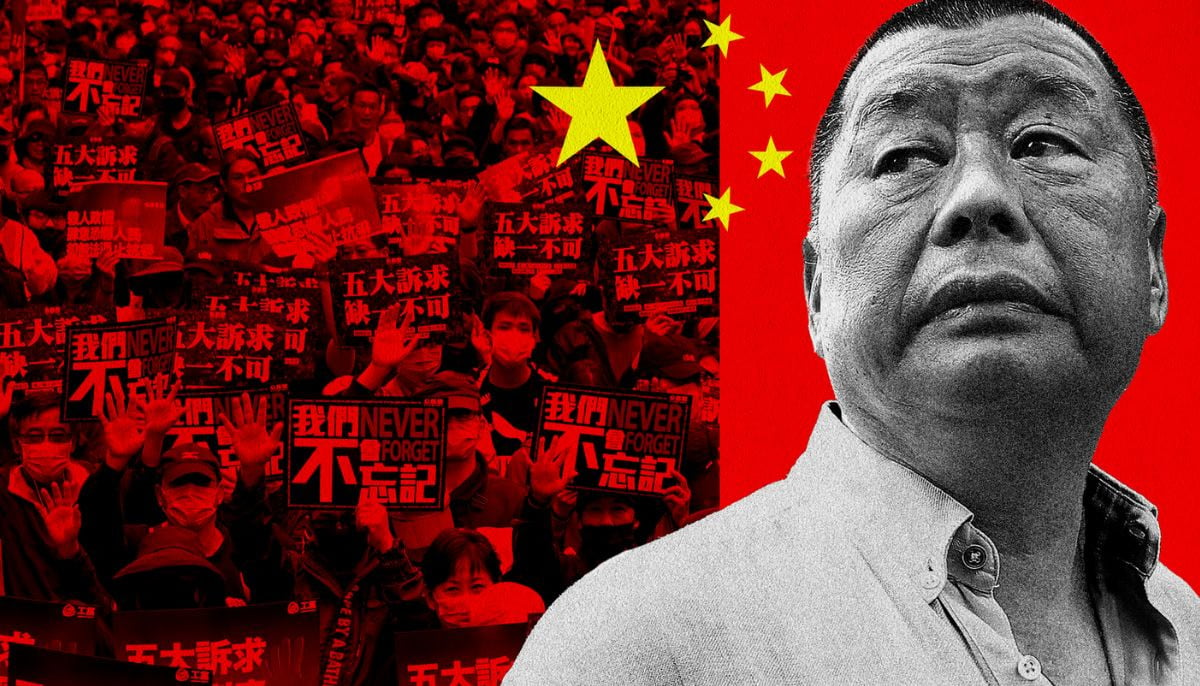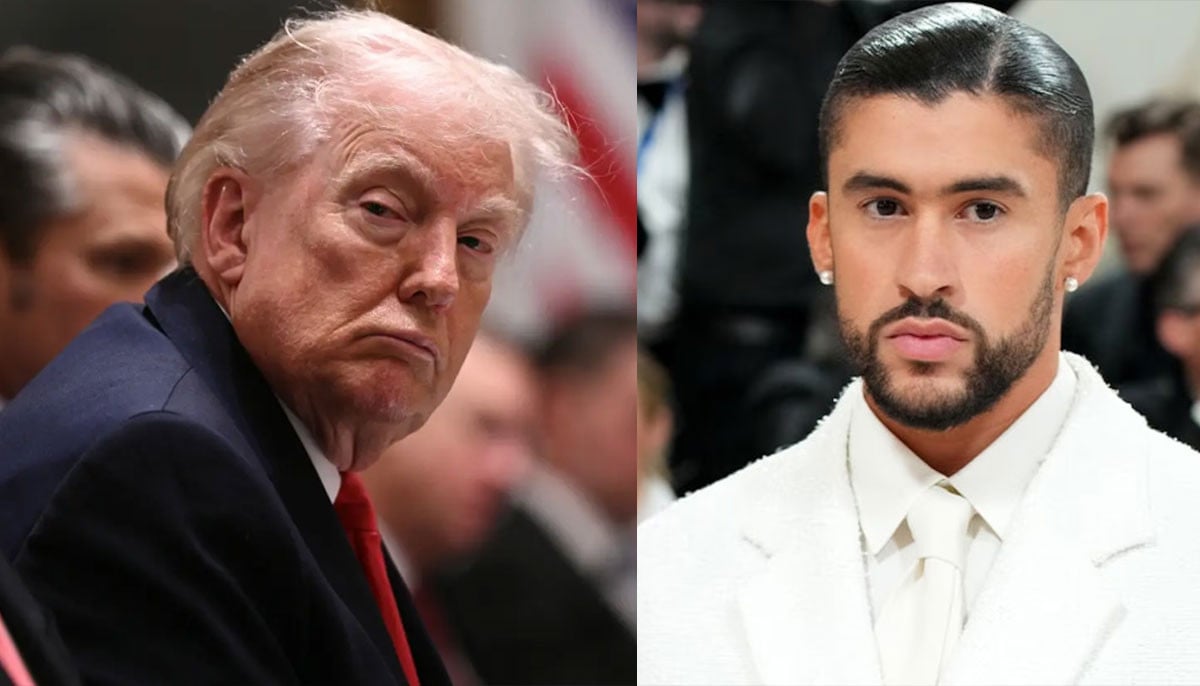Macron rejects 'confrontation' as he relaunches Asia strategy
"We don't believe in hegemony, we don't believe in confrontation, we believe in stability," Macron said
BANGKOK: French President Emmanuel Macron urged an end to "confrontation" Friday as he relaunched his strategy for the Asia-Pacific region after a bitter row over a cancelled submarine contract with Australia.
In a speech on the sidelines of the Asia-Pacific Economic Cooperation (APEC) summit, Macron cast France as a balancing power in a region long dominated by the superpower tussle between China and the United States.
The APEC summit comes days after a high-stakes meeting between US President Joe Biden and Chinese leader Xi Jinping took some heat out of their escalating rivalry.
Tensions between Washington and Beijing have risen sharply in recent years over the future of self-governing Taiwan, human rights, trade and China's increasing assertiveness.
"We don't believe in hegemony, we don't believe in confrontation, we believe in stability," Macron said.
Regional powers including Paris — which has overseas territories in the Indian and Pacific oceans, including Reunion, New Caledonia and French Polynesia — should play a role, he said.
"We are in the jungle and we have two big elephants, trying to become more and more nervous," Macron said in his speech, which he gave in English.
"If they become very nervous and start war it will be a big problem for the rest of the jungle. You need cooperation of a lot of other animals: tigers, monkeys, and so on."
Friday's summit talks were dramatically overshadowed by North Korea´s latest long-range missile launch, which saw US Vice President Kamala Harris convene urgent talks with allies Japan, South Korea, Australia, New Zealand and Canada.
'Dynamic balance'
Macron said a coordinated response was needed to tackle the overlapping crises facing the international community — from climate change to economic turmoil triggered by Russia's war in Ukraine.
"Our Indo-Pacific strategy is how to provide dynamic balance in this environment," he said.
"How to provide precisely a sort of stability and equilibrium which could not be the hegemony of one of those, could not be the confrontation of the two major powers."
France's vocal engagement in the region comes after a rocky period last year, when Australia's previous prime minister Scott Morrison abruptly torpedoed a French contract to provide Canberra with submarines and announced a deal to buy US or British nuclear-powered subs instead.
The row capsized relations and threatened to sink an EU-Australia trade agreement, but the two sides have made up since Prime Minister Anthony Albanese took power.
The delivery of the new nuclear submarines could take years, potentially leaving Australia short of capacity at a time when China is increasing its assertiveness in the region.
Speaking in Bangkok on Thursday, a day after meeting Albanese on the sidelines of a G20 summit in Indonesia, Macron said France was still willing to help fill the capability gap.
But Albanese reiterated Friday that Australia was pressing ahead with its deal under a security pact with the United States and Britain, saying "there´s nothing ambiguous about it".
Australia has a "very good cooperative relationship" with France, he said, adding that Macron was "entitled to make whatever comments he wants as the leader of France".
Closer to home, Macron identified Russia's war in Ukraine as a major source of global instability, and said all Asian nations needed to recognise their duty to act.
France was working to build "an increasing consensus in order to say this war is also your problem because it will create a lot of destabilisation", Macron said.
-
Super Bowl halftime show 2026: What did Trump say about Bad Bunny?
-
Former NYPD detective says Nancy Guthrie's disappearance 'could be hoax'
-
Japan Elections: Stock surges record high as PM Sanae Takaichi secures historic victory
-
$44B sent by mistake: South Korea demands tougher crypto regulations
-
South Korea: Two killed as military helicopter crashes during training
-
Jake Paul criticizes Bad Bunny's Super Bowl LX Halftime Show: 'Fake American'
-
Hong Kong court sentences media tycoon Jimmy Lai to 20-years: Full list of charges explained
-
Trump passes verdict on Bad Bunny’s Super Bowl halftime show
